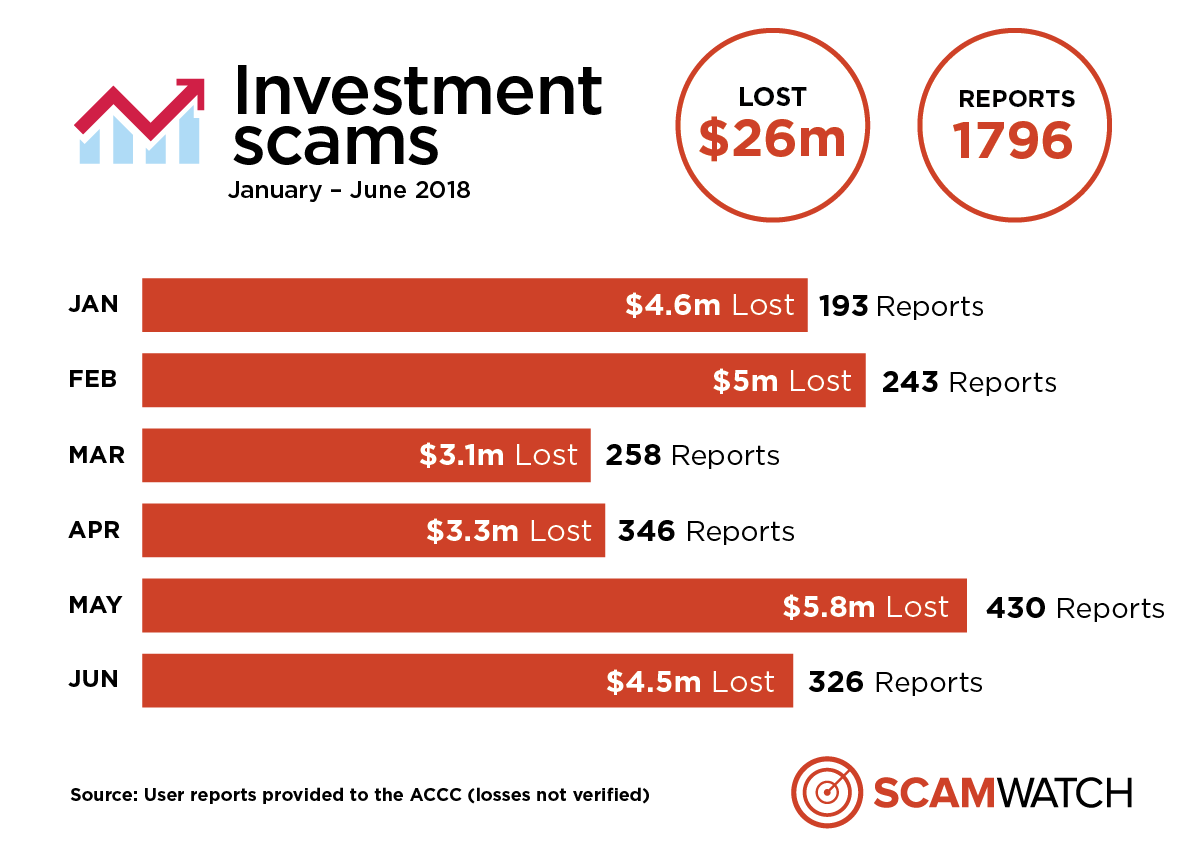Boxing day highlighted the weird financial pressures lurking across Australia at the moment, as shoppers flooded stores to make the most of Boxing Day bargains. More and more shoppers were holding out for a bargain during the festive season as cost-of-living pressures continued to weigh households down. Perhaps It’s really because of cost-of-living challenges that we saw shoppers out in force today. Bargain hunting is a national sport, it seems.
However, while it was once the major shopping event of the year, Boxing Day sales are losing their position against an imported rival.
Consumer advocacy group Choice has warned those entering the Boxing Day fray to do their homework first.
Research from online e-commerce giant eBay predicts Australians could make almost $1 billion from selling unwanted gifts this festive season.
An ABC NEWS Verify investigation has uncovered dozens of online clothing stores pretending to be high-end Australian fashion boutiques. Customers are sometimes shipped cheap, low-quality goods made in Asia, and sometimes, nothing at all. Their investigation focused on stores that had an implied and or explicit physical presence in Australia — ranging from stores using Australian locations in their names to dropshipping stores creating digital images of fake physical shop fronts in Australian locations.
So all up, if you do spend, spend wisely, and be cautious. Bargains may not be bargains and in the online world what you see may not be true. More broadly, in the current financial environment, holding close to your wallet and spending carefully would be a goo new year resolution, even if others want us to spend, spend, spend.
http://www.martinnorth.com/
Details of our one to one service are here: https://digitalfinanceanalytics.com/blog/dfa-one-to-one/
Go to the Walk The World Universe at https://walktheworld.com.au/




